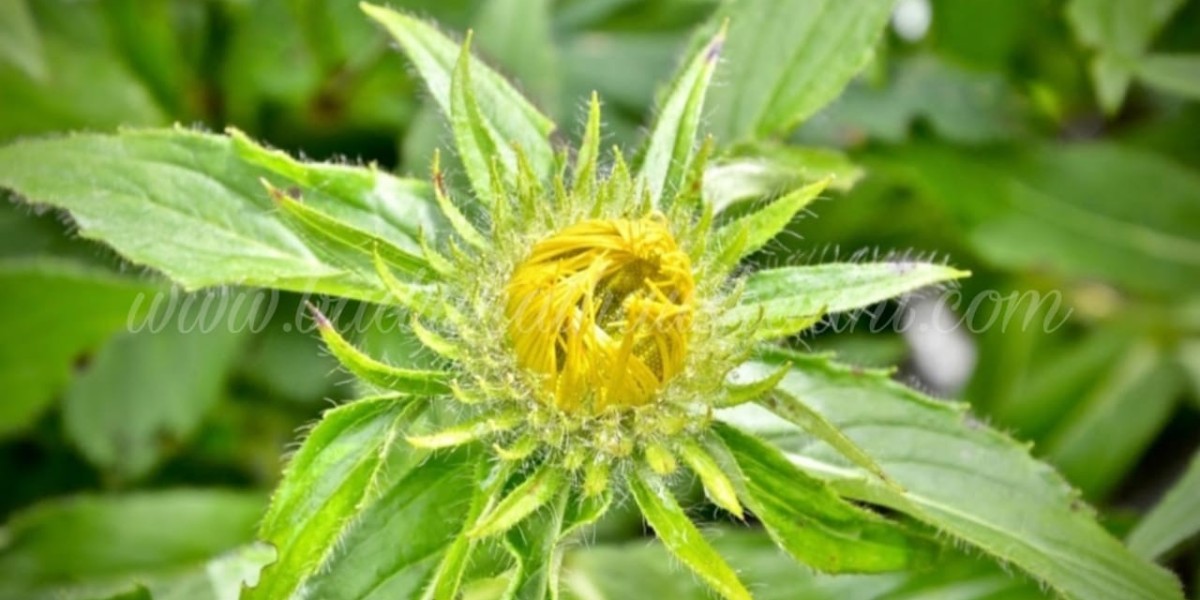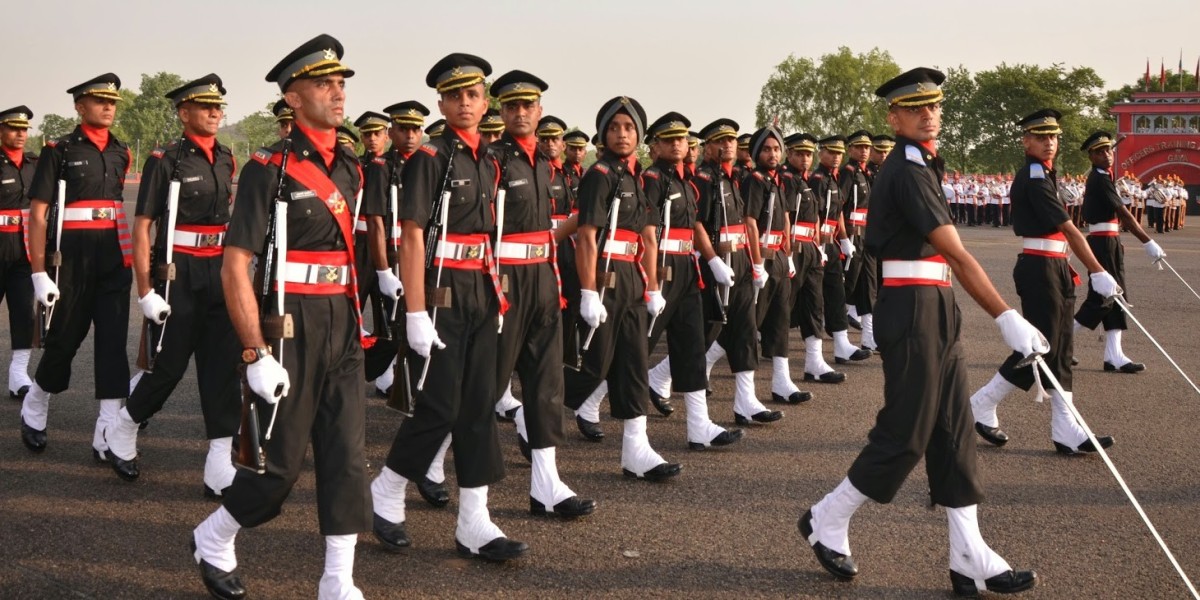Ayurvedic medicine is a traditional system of medicine that dates back more than 7,000 years to ancient India. Achieving this physical, mental and spiritual balance is the key to optimal health. Ayurveda is a comprehensive system of medicine that considers the "dosha" or specific constitution of each individual. Swarna Mundri Ras, Amrut Kalash Buti, Mardana Sakti Swarn, Dev Ras, Navratna Raj Mrigank Ras, Kayapalat Sat Buti, Hira Bhasm, Amrut Johar Ras, Navratan Kalpna Ras, Calcium Buti Ras, Badshahi Tilha, Jauhar Ishak Amber, Navratn Jinda Johar, Postic Rasayan, Amar Joshila Tilha, Ratan Parbatavi Ras etc. are many other Ayurvedic medicines which work to promote health and cure diseases and maintain balance in the body.
How are Ayurvedic medicines created?
Ayurvedic medicines, commonly known as herbal remedies or Ayurvedic remedies, are made using medicinal plants, minerals, traditional knowledge, and additional natural substances. A holistic approach to health and wellness is emphasized by Ayurveda, India's traditional medical system, which looks at the interconnections between mind, body and spirit.
It is important to remember that Ayurvedic medicines should be manufactured and used under the supervision of licensed Ayurvedic practitioners or health care specialists. They have the skills and knowledge needed to make a diagnosis, recommend the best treatment, and oversee patient care. Without the right information or supervision, self-medicating can be dangerous and have negative consequences.
Some ayurvedic therapies are given below ?
Ayurvedic healing, which is an important component of Ayurvedic medicine, is used to encourage balance in the body, spirit, and mind. Ayurvedic remedies attempt to improve health by restoring the balance of the doshas. Below are some popular Ayurvedic remedies:
Abhyanga :- Warm herbal Ayurvedic oils are used in a full body massage called abhyanga. It uses slow, rhythmic strokes to relax the body, increase the body's energy and draw out all the impurities from the body. Abhyanga helps in rehydrating the body and lubricating the joints.
Panchakarma :- Ayurveda's Panchakarma therapy is a comprehensive detoxification and regeneration process. It has five basic steps: vomiting, purgation, enema, nasal administration, and bloodletting. The goal of Panchakarma is to eliminate built-up toxins, release the doshas, and re-establish the body's natural healing abilities.
Swedana :- Herbal steam therapy encourages sweating and detoxification. This involves either sitting in a steam room or taking a body steam treatment. Treatment here helps to reduce muscle tension, reduce stiffness, and improve circulation.
Shirodhara :- During Shirodhara therapy, hot herbal oil is continuously poured on the forehead and scalp. It results in deep relaxation, calms the nervous system, and brings the mind and emotions into balance. Shirodhara therapy is often used to treat a number of neurological diseases, anxiety, as well as stress, and sleeplessness.
Nasya :- In nasya, herbal powder or oil is instilled into the nose. It helps to clear the nasal passages and improve respiratory health, balancing the doshas related to the head and neck. Nasya is often used to treat allergies, sinus congestion, and to promote mental clarity.
These are some examples of Ayurvedic remedies. Other remedies available in Ayurveda include herbal poultices, eye treatments, Swarna Mundri Ras, Amrut Kalash Buti, Mardana Sakti Swarn, Dev Ras, Navratna Raj Mrigank Ras, Kayapalat Sat Buti, Hira Bhasm, Amrut Johar Ras, Navratan Kalpna Ras, Calcium Buti Ras, Badshahi Tilha, Jauhar Ishak Amber, Navratn Jinda Johar, Postic Rasayan, Amar Joshila Tilha, Ratan Parbatavi Ras and many other remedies and Ayurvedic herbs. They can evaluate your specific needs and suggest the best treatments based on your unique constitution and health condition.







